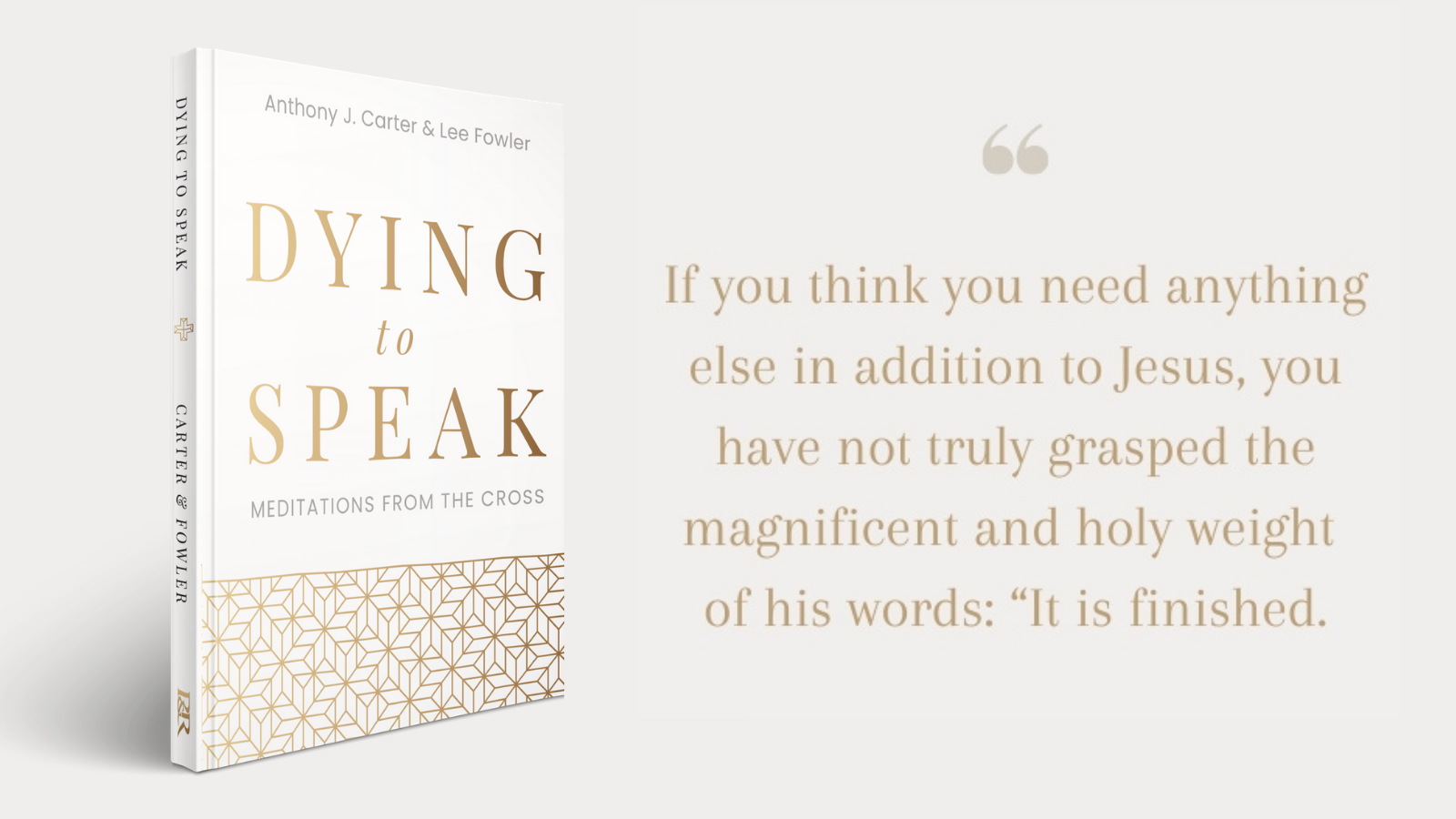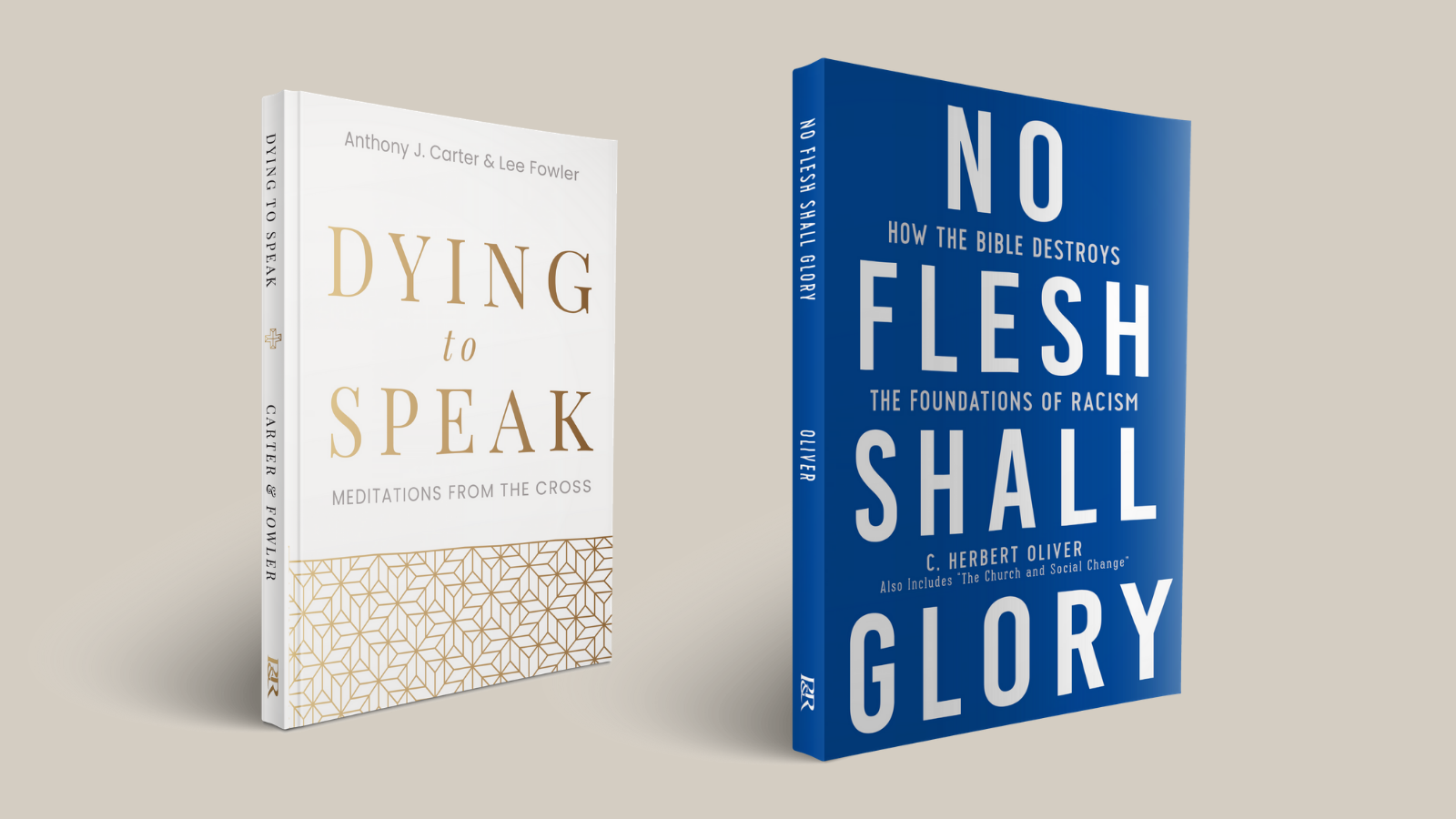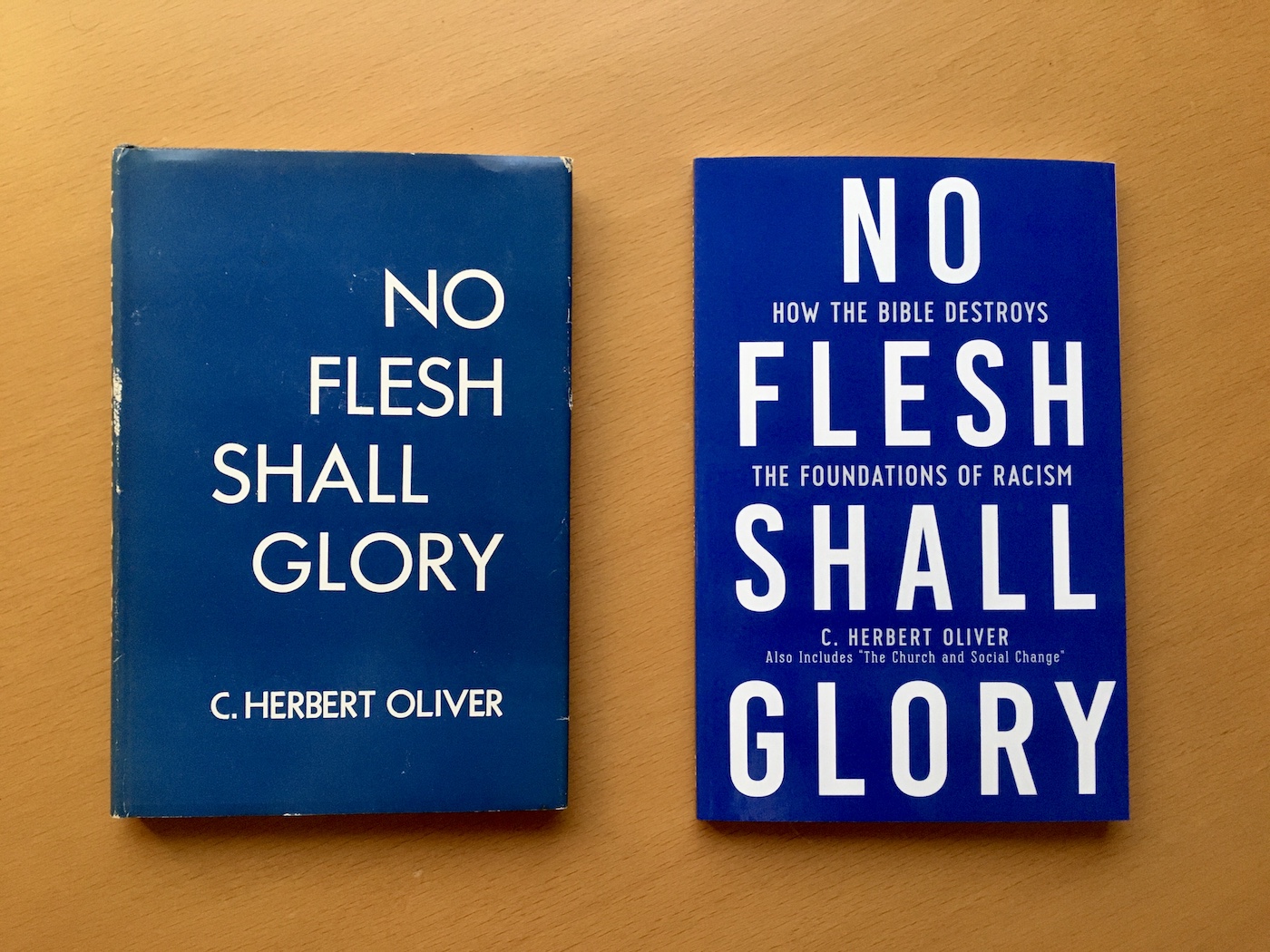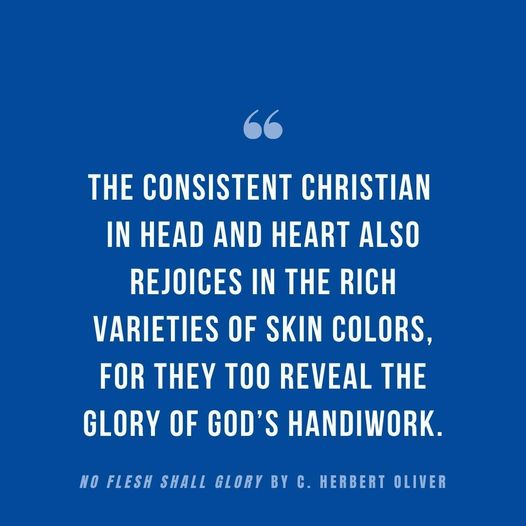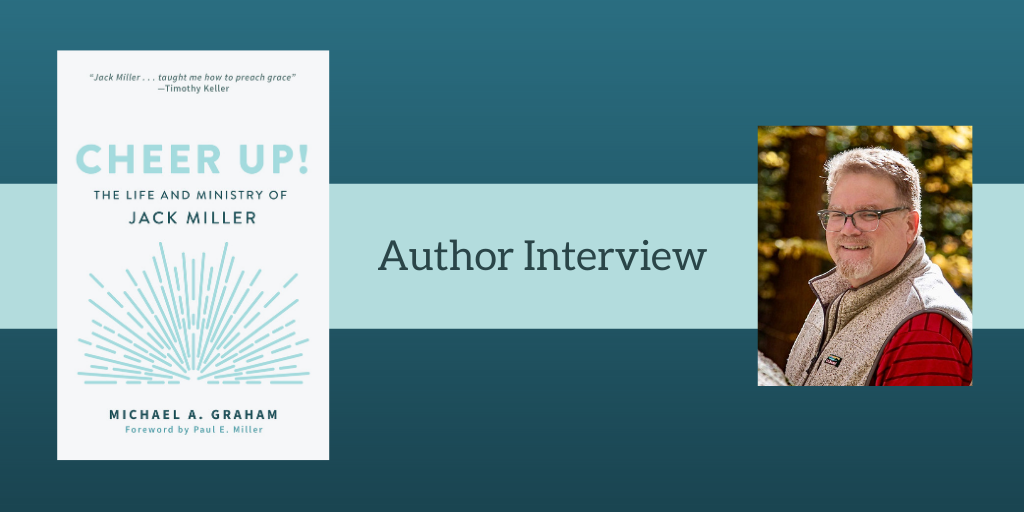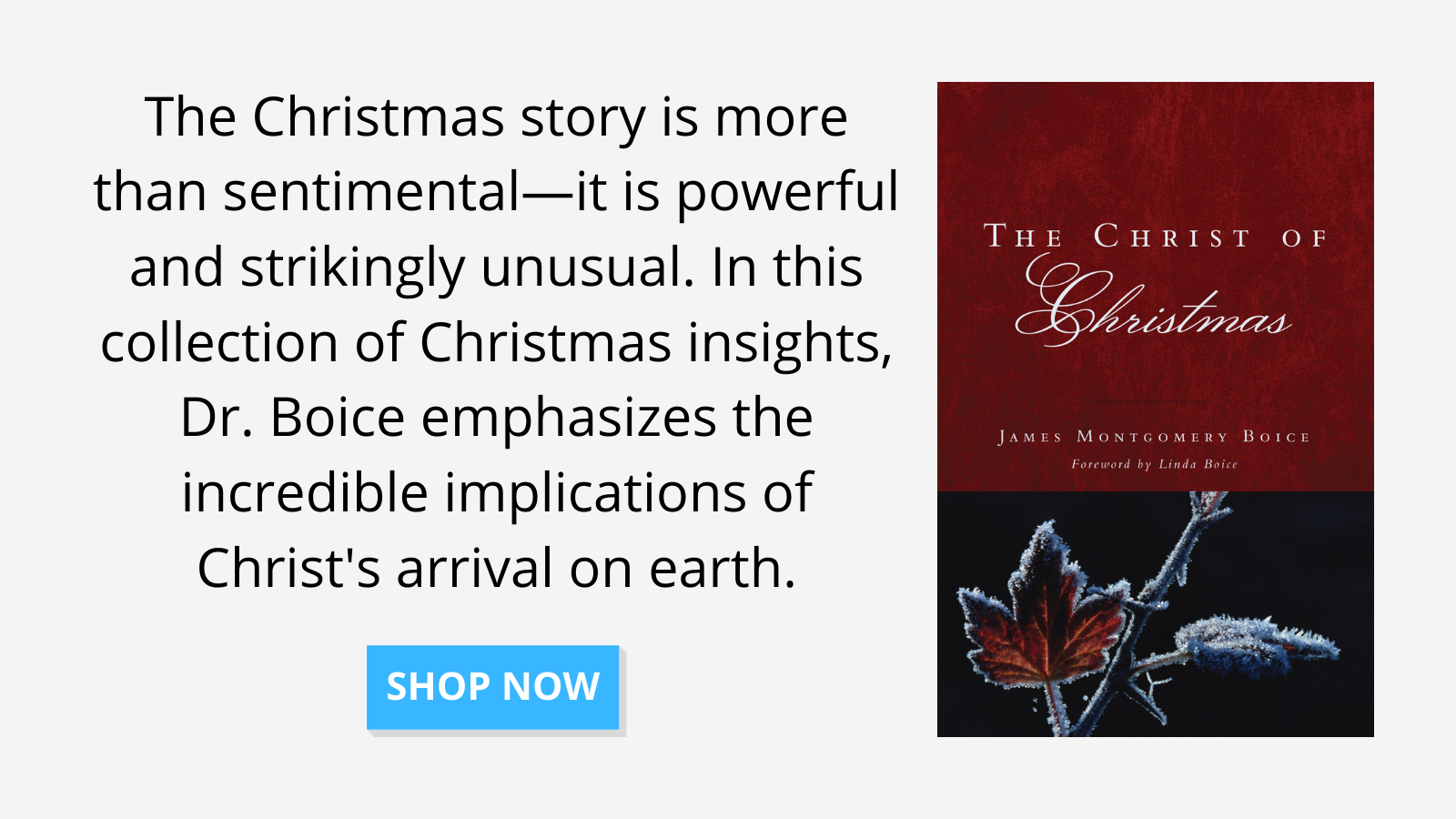Table of Contents
- Be Forgiven—“Father, forgive them, for they know not what they do.”
- Be Saved—“Truly, I say to you, today you will be with me in paradise.”
- Be Loved—“Woman, here is your son.”
- Be Reconciled—“My God, my God, why have you forsaken me?”
- Be Refreshed—“I thirst.”
- Be Complete—“It is finished.”
- Be Satisfied—“Father, into your hands I commit my spirit!”
The following is an excerpt taken from the Introduction of Dying to Speak: Meditations from the Cross.
LAST WORDS, LASTING IMPRESSIONS
The preacher reminds us in Ecclesiastes 3:1–2, “For everything there is a season . . . a time to be born, and a time to die.” Death is the inevitable consequence of being alive in this world. In fact, the Bible tells us that death is an appointment we all must keep sooner or later (see Heb. 9:27). As true as this is for each of us, it was never truer than in the life of Jesus Christ. Literally and thankfully, Jesus was born to die.
During the years for which we have an account of Jesus’s life, we see that everything he did and everywhere he went pointed to his death on the cross. Ironically, the agony and shame of the cross was the culmination of a life well lived, a life in submission and obedience to the will of God. Gloriously, the life of Christ was for the dying.
There were no random events or incidental conversations or accidental encounters. The deliberate way in which Christ lived his life was amazing. His purpose was clear. His vision focused. His mind singularly consumed. From the cradle he was heading to the cross. The path was already set before him. There was no doubt; he was going to walk the road ordained for him even though it was the path marked with the severity of sin—sin not his own, but ours. Amazingly, he willingly and joyfully walked it (see Heb. 12:2).
Every step was one step closer to the hour of agony, the moment of consequence. Every step increased the intensity. Every encounter with the religious authorities heightened their animosity and resolve to see Jesus discredited and put to death. Increasingly his conversations with his disciples anticipated the hour of his suffering and crucifixion. Nothing and no time was wasted. From his last meal with his disciples to his agonizing prayers in Gethsemane to the cries due to the penetrating nails, every word and action was purposeful in revealing who Christ is and what he came to do. Even on the cross, as he hung in rejection and shame, his words were not wasted. Instead, each was calculated to press upon the world the meaning of his life and the consequence of his death.
No one was ever more conscious of his death than Jesus was. Unlike any other person, from the beginning Jesus acutely knew he was born to die. He knew when he would die. He knew how he would die. He knew what his death would accomplish, and he knew why and how he would accomplish it. With the nature and time of his death so eminently on his mind, we can be assured that every aspect of it was in accord with God’s will and that Jesus knew it. Therefore, when we read the words of Christ on the cross, we can be assured that his last words, like his life, were full of meaning. They were not accidental, casual, or arbitrary. Rather, his words were intentional and had redemptive significance.
His final words made a lasting and far-reaching impression.
